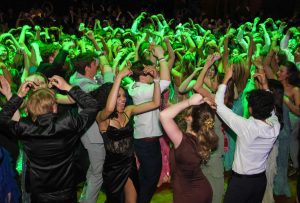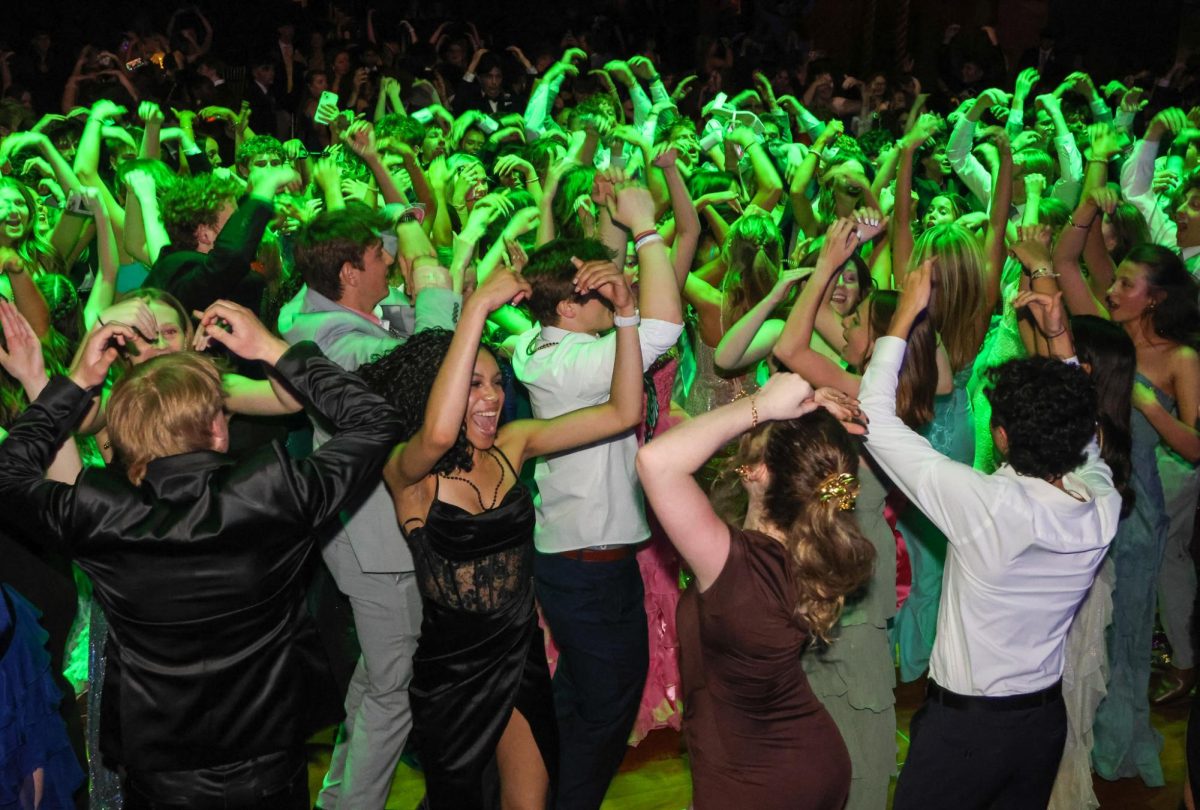Media should more accurately represent minorities
Awards shows’ lack of diversity exemplify the shortfalls of television and movies
March 11, 2015
Awards season is somewhat of an odd spectacle. Super-famous people get together in a room and honor other super-famous people for tackling super-famous artistic feats. Don’t get me wrong, I love watching awards shows. However, there are realistic implications to these picturesque exhibitions of American culture, as they shed light on an unequivocal lack of media representation for anyone but straight white men.
When the nominations for the Oscars were announced, there was something missing, and that something was anything but white people. White people dominated the nominations, sweeping all 20 acting nominations and all but one directing nomination. Though this distinct lack of diversity is deplorable, it is not in the least bit shocking.
Hollywood is constantly dominated by straight white men. They play the leading roles, direct the top-rated television shows and when it comes to acting, 95 percent of Oscars have been awarded to white people in their 87 years of existence. It’s easy to dismiss this distinct discrepancy as a largely trivial issue. After all, who really cares who wins those awards? The world doesn’t stop when your favorite movie is snubbed for best picture, and time continues to tick even after that amazing television show walks away from the Emmys with no awards in hand.
The larger issue at hand is the distinct lack of media representation for minorities of any kind in a society whose culture is dominated by artistic media such as movies, television and music. Awards shows give us only a glimpse into a system that was built by the inherently privileged, and continues to grow whether minorities are invited along for the ride or not.
Media representation is something that people often don’t think about or don’t notice in the slightest. However, providing positive role models and developed characters across a diverse spectrum of the human experience gives everyone, especially minorities, a more unique and enjoyable experience with artistic media.
Too often, minorities are simply background characters, or stereotypes based on what people may think is entertaining. People want to see themselves portrayed accurately and authentically, rather than the token “black friend” or “gay best friend” who are thrown in to add some sort of diversity to a cast.
The truth is, many plots that are told from the perspective of straight white men could be seen through the eyes of a black woman, or any other minority that would add beneficial representation to a whitewashed media. I will admit, there are some characters whose identities as white men are key to their characters’ identities, however, many are simply characters floating through a plotline that could easily have been adjusted negligibly to offer much-needed diversity.
These adjustments have the potential to create a media in which stories accurately represent the diversity of society as a whole. Regardless, these stories have to reach the masses to make an impact, and that’s up to the consumer. Though a majority of movies and television shows tell their stories along a storyline full of white people, I encourage you to seek out media that’s diverse, and that may give you a viewpoint from a perspective outside of what dominates media today, you never know what you might find.











